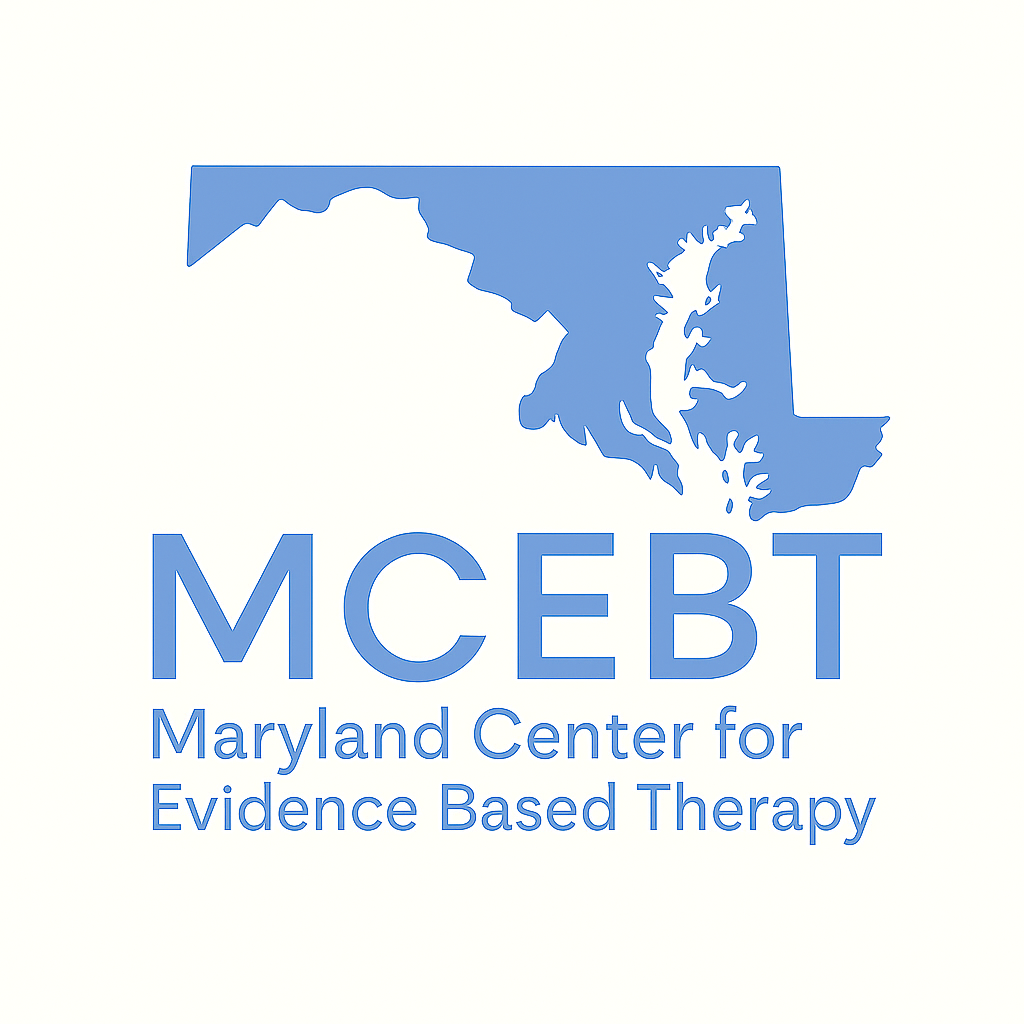
Our Treatment Approach
At MCEBT, we specialize in providing evidence-based therapy for a variety of mental health problems. We believe your therapy should feel collaborative and goal-directed and that your progress should be measurable. We are committed to teaching research-proven skills to help you overcome the obstacles interfering with your ability to thrive in your personal, social and professional lives. Our providers have doctoral-level degrees and have trained with internationally recognized experts to build their competence delivering evidence-based therapies such as Cognitive Behavioral Therapy (CBT), Acceptance and Commitment Therapy (ACT), Compassion Focused Therapy (CFT), CBT for Insomnia (CBT-I), Prolonged Exposure Therapy (PET) and Cognitive Processing Therapy (CPT).
What We Treat
-
Common symptoms include setting excessively high standards, insecurity, intense fears of failure and chronic anxiety.
-
Common symptoms include chronic anxiety and/or fears of failure, inability to perform under pressure, fatigue, lack of motivation to train, changes in appetite, irritability and sleep disturbances.
-
Common symptoms include distress, worry, anger/irritability, intrusive thoughts and memories, flashbacks, nightmares and sleep concerns.
-
Common symptoms include avoidance of dating due to fears of rejection, trust issues while dating, fears of abandonment, emotional withdrawal, lack of interest in emotional or sexual intimacy and sexual performance problems.
-
Common symptoms include excessive and uncontrollable worries about everyday events and activities. Restlessness, difficulty relaxing, chronic intrusive rumination, irritability, difficulty concentrating and sleep disturbances are routinely present.
-
Common symptoms include burnout, high work distress, sleep difficulties, headaches, fatigue, low mood, anxiety, irritability, digestive issues, panic and impaired concentration.
-
Common symptoms include persistent unwanted thoughts (obsessions) and repetitive, ritualistic mental acts or behaviors that one feels compelled to do to alleviate the stress caused by obsessions. Common OCD subtypes include fear of contamination, moral perfectionism, need for symmetry or things to be “just right” and hoarding.
-
Common symptoms of depression include persistent sadness or low mood, loss of interest or pleasure in things, irritability, fatigue and difficulty concentrating or making decisions. Common symptoms of hypomania/mania, which is necessary for a bipolar disorder to be diagnosed, include increased energy, decreased need for sleep, racing thoughts, increased self-esteem and grandiose thoughts and increased impulsivity and risky behavior.
-
Common symptoms include excessive worry before, during and after social interactions and frequent avoidance of social situations.
-
Common symptoms include sudden, overwhelming anxiety & fear that often includes a belief that one is losing control or dying and/or is detached from reality. Common physical symptoms experienced during panic attacks include rapid heat rate, difficulty breathing, chest pain, nausea, stomach pain, numbness and lightheadedness/dizziness.
-
Common symptoms include physical and mental exhaustion, oversleeping or insomnia, feelings of detachment from one’s children, excessive irritability, relationship strain, overuse of screens and anxiety and depression.
-
Common symptoms include intense, irrational fears and often avoidance of specific objects or situations.
-
Common symptoms can include medical adherence issues as well as distress and burnout related to chronic illness management (examples: diabetes, obesity, cancer treatment).

What is Evidence-Based Therapy?
Evidence-Based Therapy (EBT), also known as Evidence-Based Psychotherapy, refers to treatment approaches demonstrated to be effective through rigorous scientific research. It is an alternative to standard Talk Therapy, which often is unstructured and ineffective, and may foster a patient’s dependence on a therapist. EBTs have been developed to target specific mental health conditions unlike the one-size-fits-all approach that often characterizes Talk Therapy. EBTs are the first line “gold standards” of mental health therapy. Therapists delivering EBTs teach their patients skills and utilize treatment techniques with proven effectiveness for reducing mental health symptoms like depression and anxiety. At MCEBT, we use EBTs that are tailored to each patient's unique needs, preferences, and identities (e.g., racial/cultural background, gender identity, sexual orientation, faith, etc). Click here to learn more.
5 Key Characteristics of EBT
-
Rigorous peer-reviewed research is necessary for mental health treatments to become established as EBTs. EBTs must be consistently demonstrated to produce positive outcomes for patients with specific mental health conditions.
-
EBTs are not a one-size-fits-all approach. Therapists consider each client's individual characteristics, preferences, cultural background and life circumstances when choosing and implementing the most appropriate treatment.
-
EBTs encourage active collaboration between therapists and patients to help determine the focus and pace of treatment in the pursuit of the patients’ goals.
-
EBTs are designed to address specific mental health conditions and/or symptoms, with research-backed techniques and strategies that have been shown to be effective for those conditions.
-
EBTs prioritize accountability, ensuring that treatments are chosen and implemented based on evidence of effectiveness, and that outcomes are measurable and regularly monitored.


